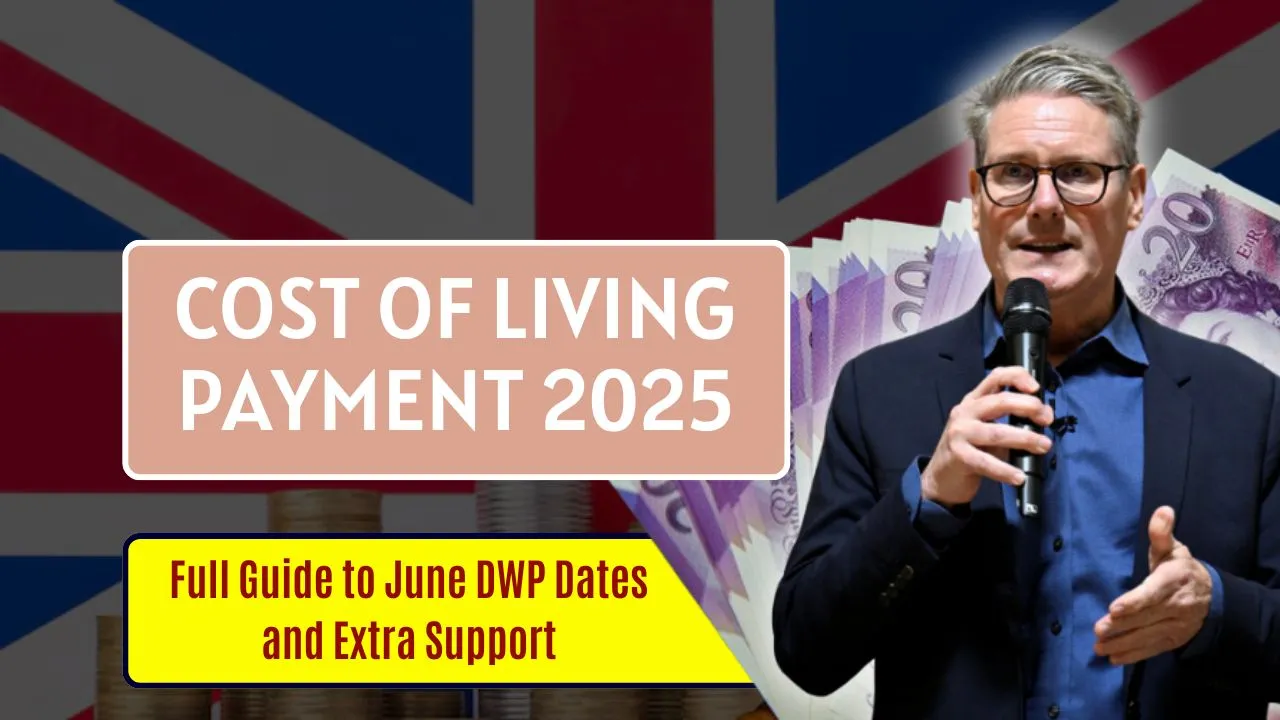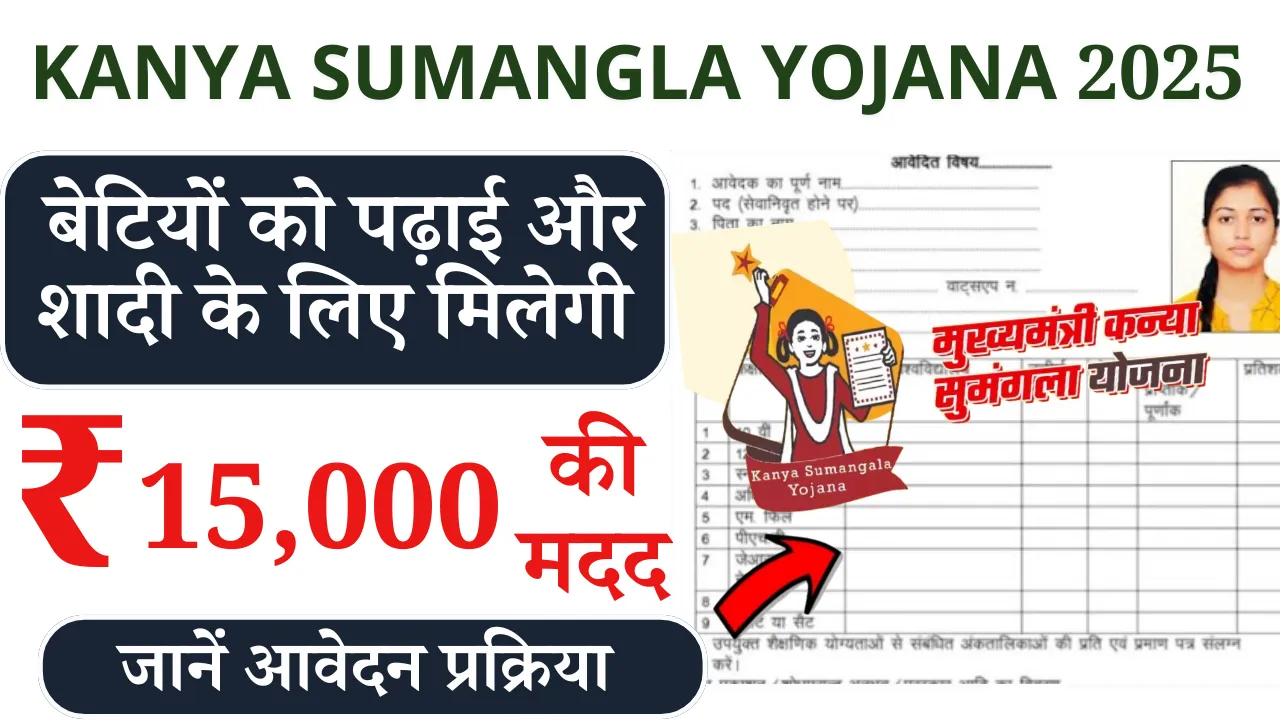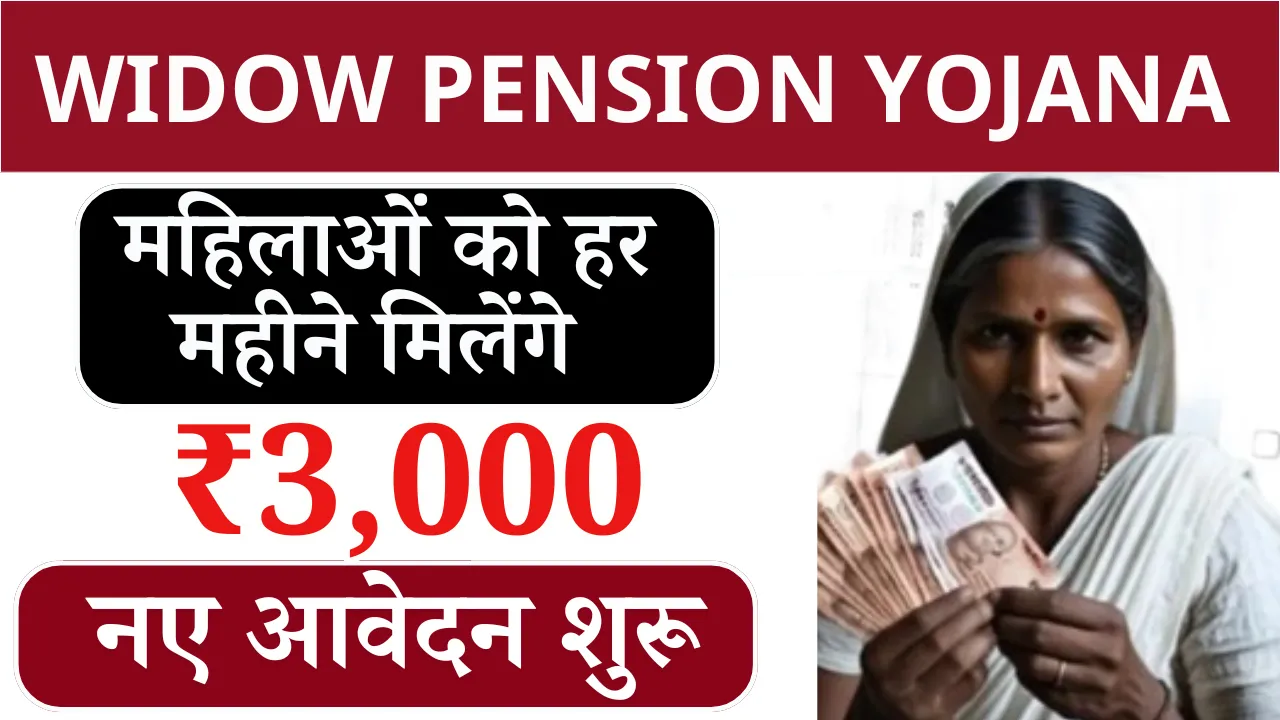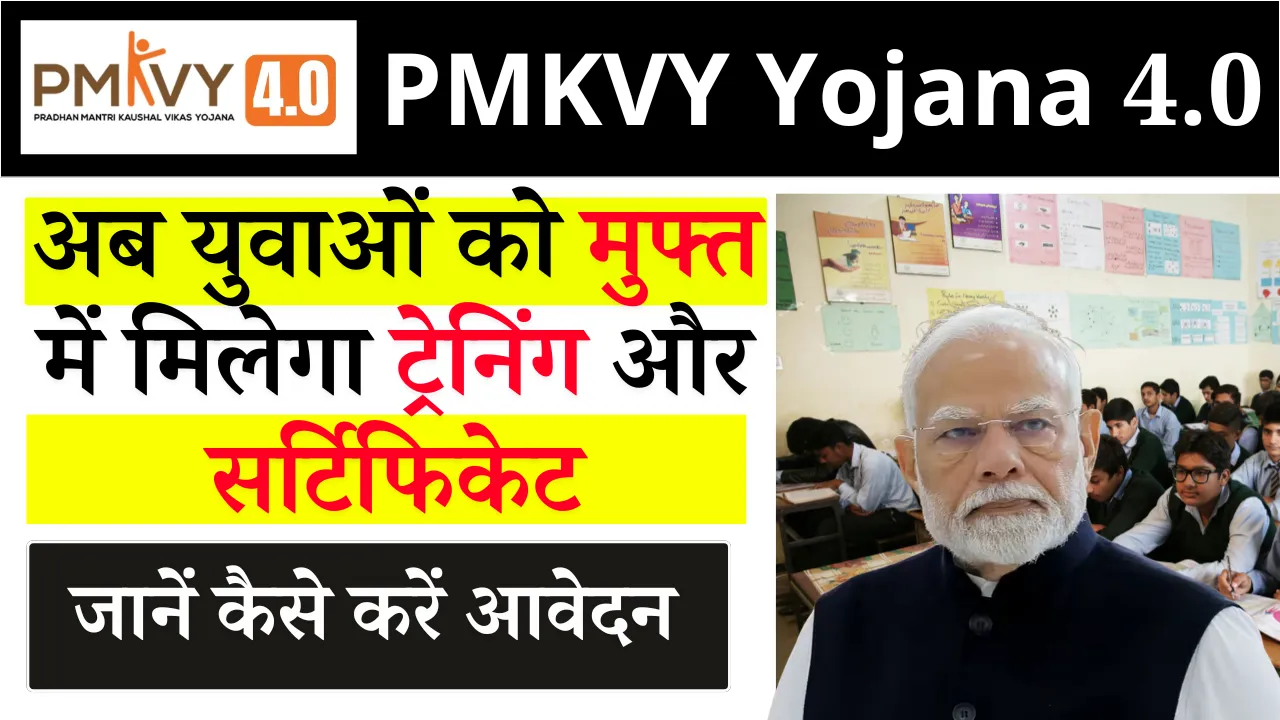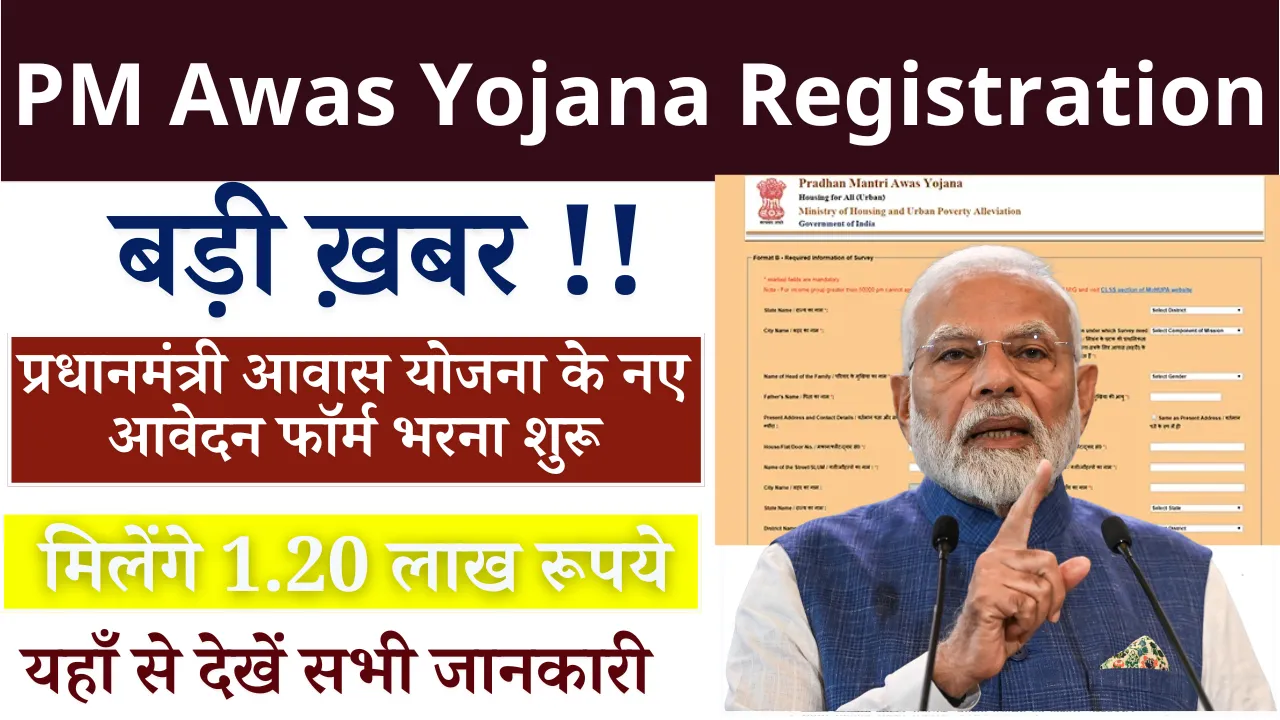Cost of Living Payment 2025: The Cost of Living Payment 2025 has been a crucial form of relief for countless families navigating rising bills and stretched budgets. While the final payment was issued in February 2024, the UK government has not confirmed any further direct support under the same scheme. However, other types of financial help remain available for those in need.
This article offers a detailed look at what support options still exist. From council grants to ongoing benefits and DWP payment dates in June 2025, here’s everything you need to know about managing your finances during uncertain times.
Cost of Living Payment 2025 Overview
The Cost of Living Payment 2025 marked the end of the government’s direct financial relief program that began during the economic crisis. Although the final instalment was disbursed in early 2024, many households continue to search for updates or new announcements regarding further payments. It’s important to know that no new payments are scheduled under this scheme for 2025. However, individuals may still qualify for other types of support, such as local council grants or assistance through the Household Support Fund. Staying informed about available help is key to managing rising living costs effectively.
Cost of Living Payment 2025 Overview Table
| Support Type | Amount/Value | Timing | Eligibility |
| Cost of Living Payment instalment 1 | £301 | 25 Apr–17 May 2023 | Those on means-tested benefits |
| Cost of Living Payment instalment 2 | £300 | 31 Oct–19 Nov 2023 | Eligible benefit claimants |
| Cost of Living Payment instalment 3 | £299 | 6 Feb–22 Feb 2024 | Recipients of means-tested support |
| Early support instalment 1 | £326 | July 2022 | Most low-income households |
| Early support instalment 2 | £324 | Nov 2022 | Eligible households across the UK |
| Household Support Fund (HSF) | Varies by council | Summer 2025 – Apr 2026 | Applicants facing hardship, apply via council |
Will there be a summer Cost of Living Payment 2025?
At present, there are no new Cost of Living Payment 2025 instalments planned. The final automatic payment of £299 was completed in February 2024. The government made it clear in an update from May 6, 2025, that no further cost of living payments will be issued.
That said, local councils have continued to distribute financial assistance through the Household Support Fund. If you’re struggling to afford essentials like food or energy bills, this fund could provide emergency help. It’s important to apply directly with your local authority and submit evidence of your financial situation.
Other Benefits You Might Be Due
Although the national cost of living support is no longer active, several other benefit programs may still provide meaningful help:
- Household Support Fund (HSF): This government-funded scheme offers grants or vouchers to residents through their local councils. Councils can tailor this support based on local needs. For example, some areas are providing vouchers worth up to £225.
- Universal Credit and Pension Credit: Check if you’re eligible based on your income and age. Pension Credit can also unlock access to other benefits.
- Interest-Free Budgeting Loans: These are offered through Universal Credit and can help cover one-off or emergency expenses.
- Energy Assistance Schemes: Many energy suppliers offer grants or payment plans. The British Gas Energy Trust also provides help, even if you’re not a customer.
- Help from Financial Institutions: Lenders, including mortgage and credit providers, must offer help if you’re facing financial difficulty. This can include payment holidays or revised terms.
Full List of DWP Payment Dates for June 2025
DWP benefit payments vary depending on which benefit you’re receiving and when your claim was started. Here’s how payments typically work:
- Universal Credit: Paid once a month, on the same date as your first payment.
- Disability-related benefits and pensions: These include PIP, DLA, Attendance Allowance, and State Pension, all paid every four weeks.
- ESA, JSA, and Income Support: Usually issued every two weeks.
- Child Benefit, Carer’s Allowance, Tax Credits: Sent either weekly or every four weeks.
- Maternity Allowance: Can be paid every two or four weeks, depending on the arrangement.
If your expected payment date falls on a bank holiday, it will generally be paid on the previous working day.
How Bank Holidays Affect DWP Dates
Bank holidays can affect the timing of DWP payments. If your usual payment date is on a bank holiday, it will be issued early—typically on the working day before the holiday.
For June 2025, it’s important to take note of any bank holidays that might shift your payment schedule. Planning ahead for early payments can help manage monthly expenses more smoothly.
Extra Help and Support Schemes
There are additional ways to access support if you’re having trouble making ends meet:
- Energy Supplier Grants: Providers often have funds set aside for customers in difficulty. You’ll usually need to provide proof of hardship.
- British Gas Energy Trust: Available even to non-customers, this fund offers grants to help pay energy bills. You must first speak to a debt adviser.
- Charity Support: Groups like Citizens Advice can help connect you with local resources including food banks and emergency cash aid.
- Lender Assistance: Financial companies are obligated to support customers facing difficulty, whether it’s through reduced payments or restructuring debt.
Budgeting Advance Loans: A Closer Look
People claiming Universal Credit who face unexpected or emergency expenses can apply for Budgeting Advance Loans. These interest-free loans are designed to help cover urgent costs such as replacing broken appliances, rent deposits, or essential travel.
Loan limits include:
- £348 if you’re single
- £464 for couples
- £812 for families with children
Repayments are made through deductions in your future Universal Credit payments, spread over a period of two years.
What to Do If You Haven’t Received Something You Expected
If you’re sure you qualified for one of the previous Cost of Living Payment instalments but didn’t receive it, don’t worry—there’s a process to report it.
Start by visiting the official government website and submitting a missing payment request. You’ll need your National Insurance number and may need to wait for a response. Only report the issue once, as multiple reports could delay processing.
FAQs
1. Will there be a Cost of Living Payment in June 2025?
No. The last payment was in February 2024, and no further instalments are currently planned by the government.
2. What help can I get if I didn’t receive the Cost of Living Payment?
You can report a missing payment through the official government portal using your National Insurance number.
3. What is the Household Support Fund and who can get it?
This is a local scheme offering financial aid such as food vouchers or bill help. Anyone struggling financially can apply via their local council.
4. When will I get my DWP payment if there’s a bank holiday?
Payments are usually sent on the last working day before the bank holiday.
5. What if I need urgent money and I’m on Universal Credit?
You might qualify for a Budgeting Advance Loan. These are interest-free and repaid over 24 months.
Final Thoughts
Although the Cost of Living Payment 2025 program has ended, there’s still meaningful help available for those who need it. From council-backed support funds to budgeting loans and energy grants, don’t hesitate to explore your options.
If you’ve benefited from any of these programs or know someone who has, share your story in the comments—it could help someone else. And while you’re here, why not check your benefits or explore more useful guides?
